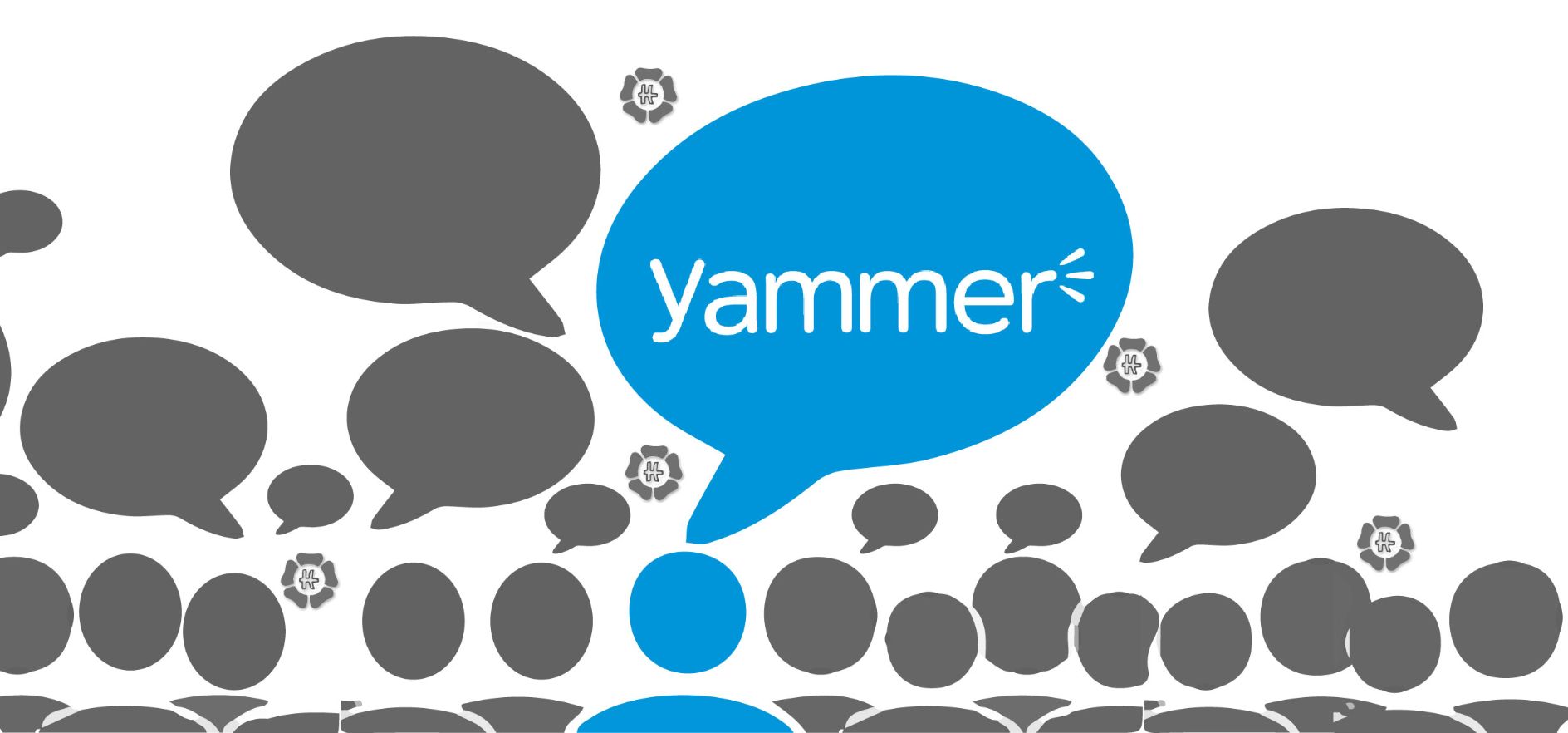In order to compete in a competitive market, today’s professionals must constantly work to improve their job performance in addition to keeping their resumes up-to-date. You can’t just rely on your boss or the management of your company to give you opportunities to improve your skill set.
Your job occupies a significant portion of your life, so you should be proud of how you support yourself and how well you do your job. Continue reading to discover methods you can use right away to boost your performance at work.
Table of Contents
What Does It Mean To Work Productively?
In order to be productive when it counts, working effectively means making the most of your working hours. It also means being careful to avoid working harder or longer than is necessary to achieve your objectives. Effective workers simply understand how they work and know how to schedule their time well. They don’t necessarily put in more hours or work harder all day than their coworkers.
It’s crucial, especially for those who have a lot to do every day, to plan and schedule your day as effectively as you can in order to finish the tasks you need to finish while caring for yourself and your stress levels. Most people can’t work at a hectic pace with maximum effort for an entire workday, so organizing yourself to work effectively can be very helpful
12 Ways To Be More Effective At Work
Swap Your To-do List For A Schedule
Be realistic about what you can accomplish by sitting down and assessing your day’s available time. Make a strategy then: allot time slots for each of your crucial tasks, making sure to allow for breaks. By dedicating time and structuring your day, you can take advantage of the times of day you’re naturally more focused and motivated, make tangible progress on important work, and ensure you actually take the necessary breaks to stay mentally fresh.
Stop While You’re Still On A Roll
The lack of direction is one of the main causes of procrastination. But if you stop working on a task for the day knowing exactly what you need to do next, it’s much easier to get started again. End every task with a defined “next step” to quickly get back in the zone next time.
Trim Your Task List
We all know how paralyzing it can be to start a big project or tackle a crazy to-do list. Therefore, avoid putting too many tasks on your plate. Give yourself three to five important items that you need to accomplish in one day, and focus on those. If you complete them ahead of schedule, you can always add a few more things, but keeping your list manageable will keep you productive rather than just keeping you busy.
Make Bad Habits More Difficult To Indulge
Constant interruptions destroy both your productivity and IQ, and you can’t work efficiently if you’re not giving it all you’ve got. In order to focus, set up some easy barriers. Put your phone in a locked desk drawer and keep the key in an upstairs closet if you frequently take out your phone at work to check social media or send texts to friends, for example. Alternatively, ask a dependable coworker to hold onto your phone until lunch.
Stay Organized
Highly effective people have systems in place to help them find the exact information they need, right when they need it. A straightforward system, like David Allen’s GTD, can reduce the mental strain of keeping track of reminders and ideas while freeing up mental resources for more purposeful and productive work. Discover the well-known GTD method in just 20 short seconds.
Tackle Your Most Important Tasks First
As a result, wait a few hours to check your inbox and work on a more important project while your mental energy is still high. Instead of starting your day by checking emails (which can quickly derail your plans as what you intended to accomplish gets pushed off or lost among incoming requests), wait a few hours and work on a more significant project instead.
Prioritize
Learning to say no is an important skill for success at work. Determine what matters most; which of your current tasks are most effective at advancing your main objectives? Which initiatives are most beneficial to your financial position? Trim the fat from the busy work that accomplishes nothing. Using a data-driven goal-setting technique like OKRs (objectives and key results) is a practical way to focus your daily efforts on clearly-defined, measurable goals that directly contribute to larger business objectives.
Use Idle Time To Knock Out Admin Tasks
waiting in line, for example, at the bank, the grocery store, the next bus stop, or the elevator. doesn’t have to be wasted time. Bring a book you’ve been meaning to read, go through some emails, or update your status. You could also just let your thoughts wander while taking in your surroundings. You never know when you’ll have your next big insight!

Plan Tomorrow Tonight
While you shouldn’t lie awake at night worrying about all the work you have to do the next day, making a short list of straightforward tasks to complete in the morning can help you get started quickly and maintain a productive momentum for the rest of the day. Try to include at least one task that is moderately difficult on your list, advises Dr. Mihaly Csiksgentmihalyi, there’s a sweet spot where your brain more easily enters that “flow” state where your brain is humming and you’re doing your best work. It takes place when your skills and the level of difficulty meet at a critical point. (You’ll become bored if the task isn’t challenging enough, and you’ll become anxious and stressed if it’s too difficult.
Schedule Meetings With Yourself
Make a place free from distractions where you can retreat when you need to concentrate. Schedule a time when you won’t be interrupted, turn off your email and message notifications (or better yet, disconnect from the internet entirely), and concentrate for an hour or two on just one crucial task.
Change Your Self-talk
Instead of saying “I have too much to do today!” and “Currently, I’m under a lot of stress.” say “I have to give today’s attention to these two things.” Your motivation and energy levels can be greatly improved by a straightforward perspective change.
Communicate And Clarify
Learning to work well with others is a crucial component of increasing your own effectiveness at work because all of us must work in teams to some extent in order to complete our tasks. One of the best ways to avoid unnecessary rework and wasted time is to eliminate misunderstandings and miscommunications. You’ll save a ton of time and effort by doing things correctly the first time.
Make A Change This Week
Use this list as motivation to raise your level of productivity and effectiveness at work since we are all in charge of those things.
Every small change can have a significant impact on how you work and how other people see you, whether you choose to visualize your “big picture” goals or start showing up to work earlier. Make a promise to yourself to give one of the aforementioned suggestions a try this week and observe how it affects you.





